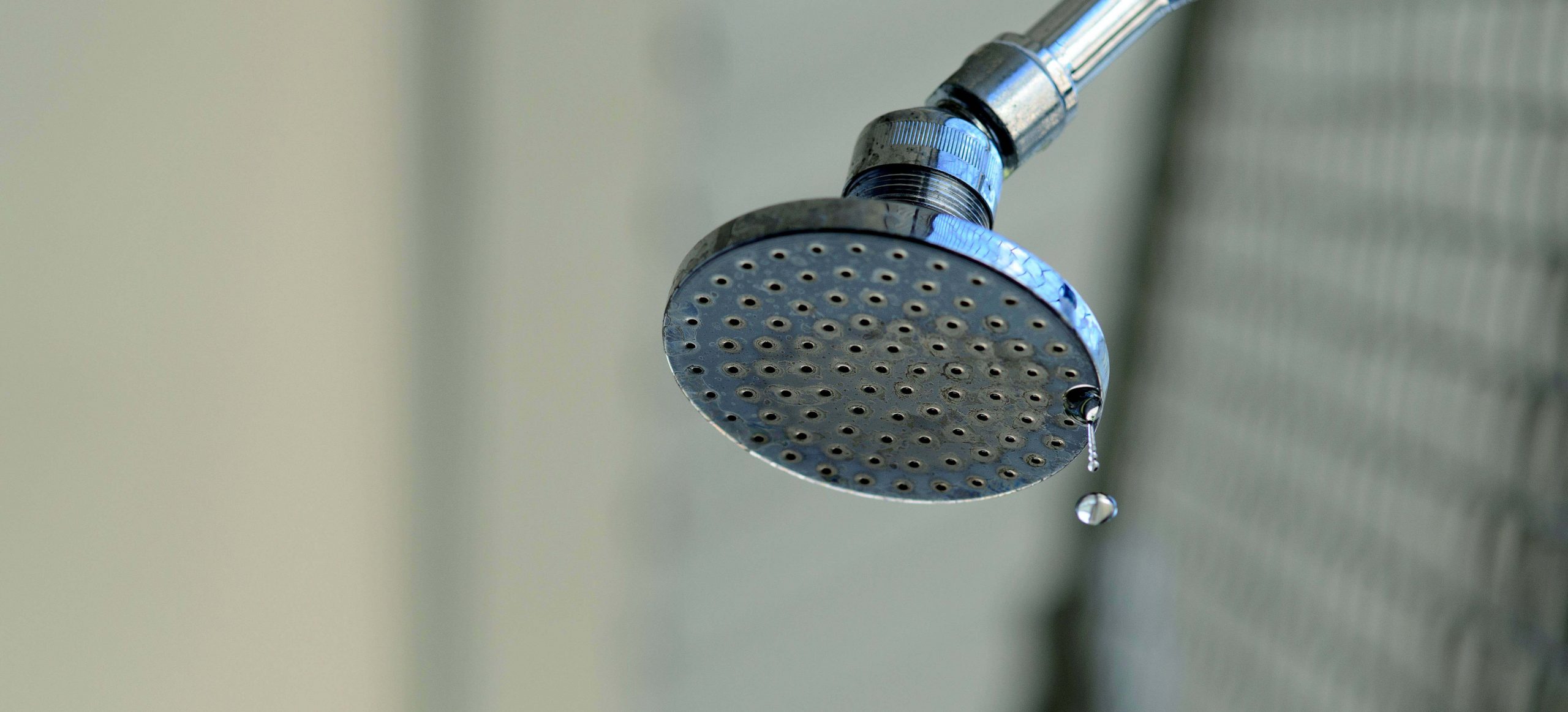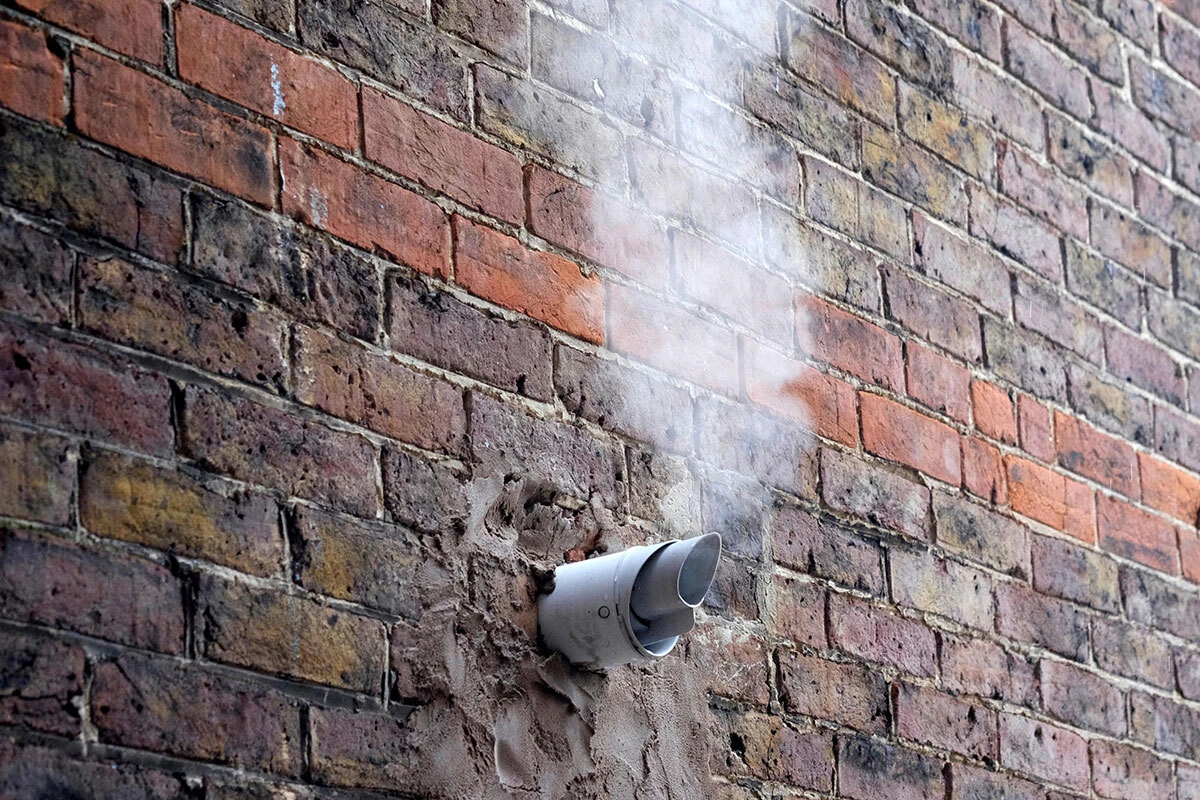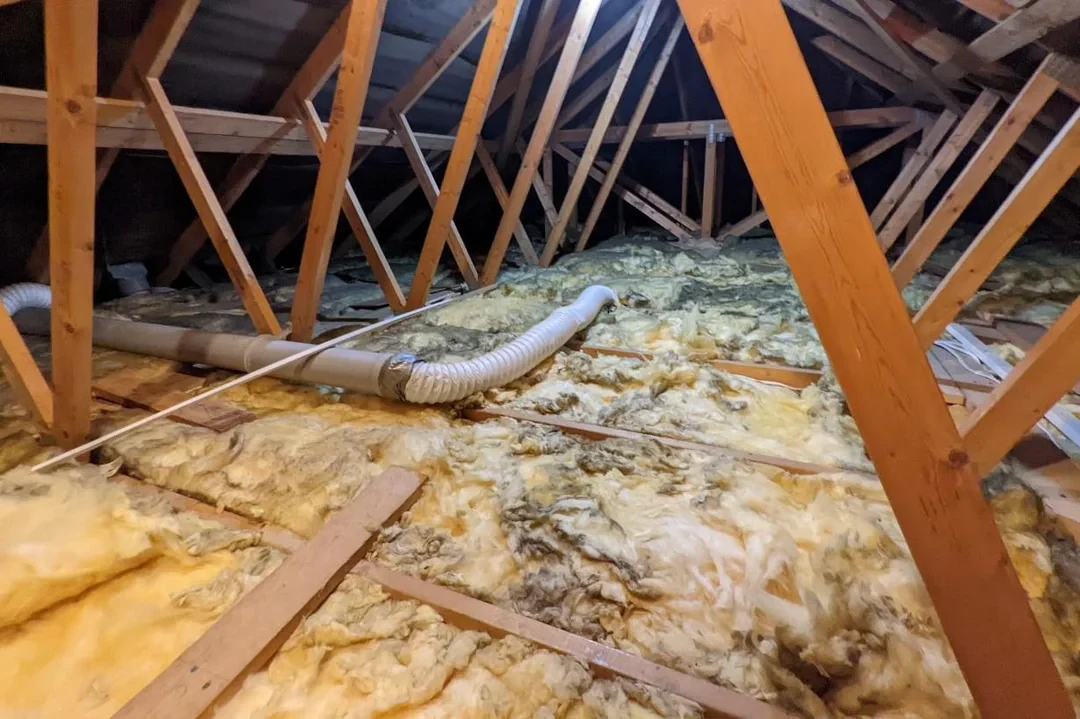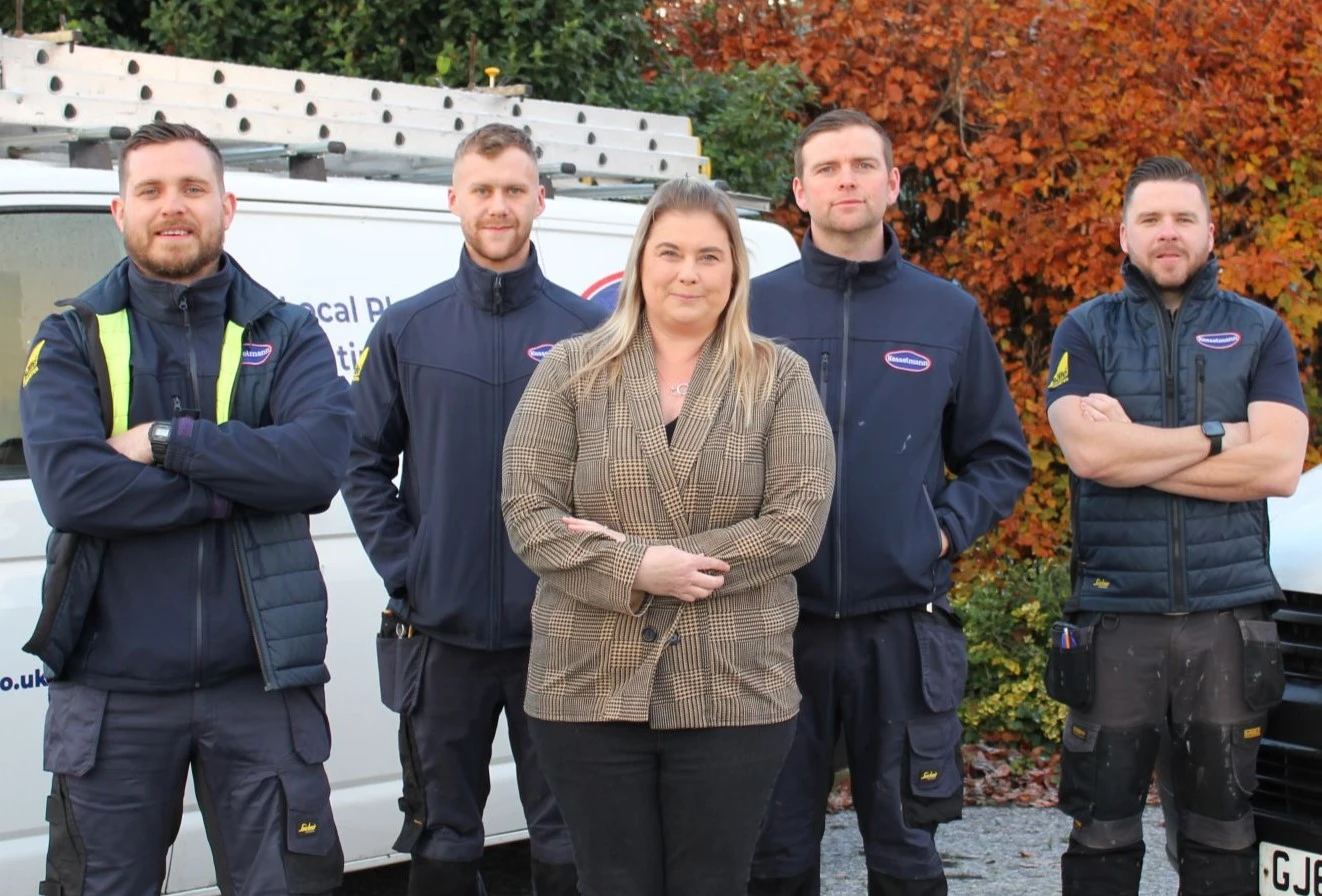04/01/2025

A shower that drips when turned off can be both frustrating and wasteful. Understanding the underlying causes and knowing how to address them can help maintain your bathroom's efficiency and prevent potential damage.
Common Causes of a Dripping Shower
Worn or Damaged Washers and Seals: Over time, the rubber washers and seals within your shower valve can deteriorate, leading to leaks. Regular inspection and replacement can prevent this issue.
Limescale Build-up: Accumulation of limescale, especially in hard water areas, can obstruct the showerhead nozzles, causing water to drip even when the shower is off. Cleaning the showerhead periodically can mitigate this problem.
Faulty Shower Cartridge: The cartridge regulates water flow and temperature. A malfunctioning cartridge may not shut off water completely, resulting in drips. Replacing the cartridge often resolves this issue.
High Water Pressure: Excessive water pressure can force water through the showerhead even when it's turned off. Installing a pressure-reducing valve can help maintain optimal pressure levels.
Residual Water Drainage: It's normal for a small amount of water to drip from the showerhead immediately after use, as residual water drains out. However, continuous dripping indicates a problem that needs attention.
Steps to Diagnose and Fix the Issue
Turn Off the Water Supply: Before performing any maintenance, ensure the main water supply to the shower is turned off to prevent accidents.
Inspect and Clean the Showerhead: Remove the showerhead and soak it in a vinegar solution to dissolve limescale. Use a brush to clean any remaining debris.
Examine Washers and Seals: Check the condition of washers and seals in the shower valve. Replace any that appear worn or damaged.
Assess the Shower Cartridge: If cleaning and replacing washers don't stop the drip, the cartridge may be faulty. Consult your shower manufacturer's guidelines for replacing the cartridge or seek professional assistance.
Measure Water Pressure: Use a pressure gauge to check your home's water pressure. If it's above the recommended level (typically around 3-4 bar), consider installing a pressure-reducing valve.
Preventative Measures
Regular Maintenance: Periodically clean the showerhead and inspect internal components to ensure they are in good condition.
Monitor Water Pressure: Keep an eye on your home's water pressure to prevent strain on plumbing fixtures.
Professional Inspections: Schedule regular check-ups with a qualified plumber to identify and address potential issues before they escalate.
When to Seek Professional Help
If you've attempted the above steps and the shower continues to drip, it may indicate a more complex issue requiring professional expertise. Persistent leaks can lead to increased water bills and potential water damage.
At Kesselmann, we specialise in plumbing services in Hull and throughout East Yorkshire and North Lincolnshire. Our experienced team is ready to assist homeowners and landlords with all their plumbing needs.
Contact Us
If you're experiencing a dripping shower and need assistance with a repair, or require a free shower installation quote, don't hesitate to reach out by telephone on 01482 770650 or via our online booking form,
Our friendly and professional team is here to provide prompt and reliable service, ensuring your home's plumbing systems function flawlessly.













